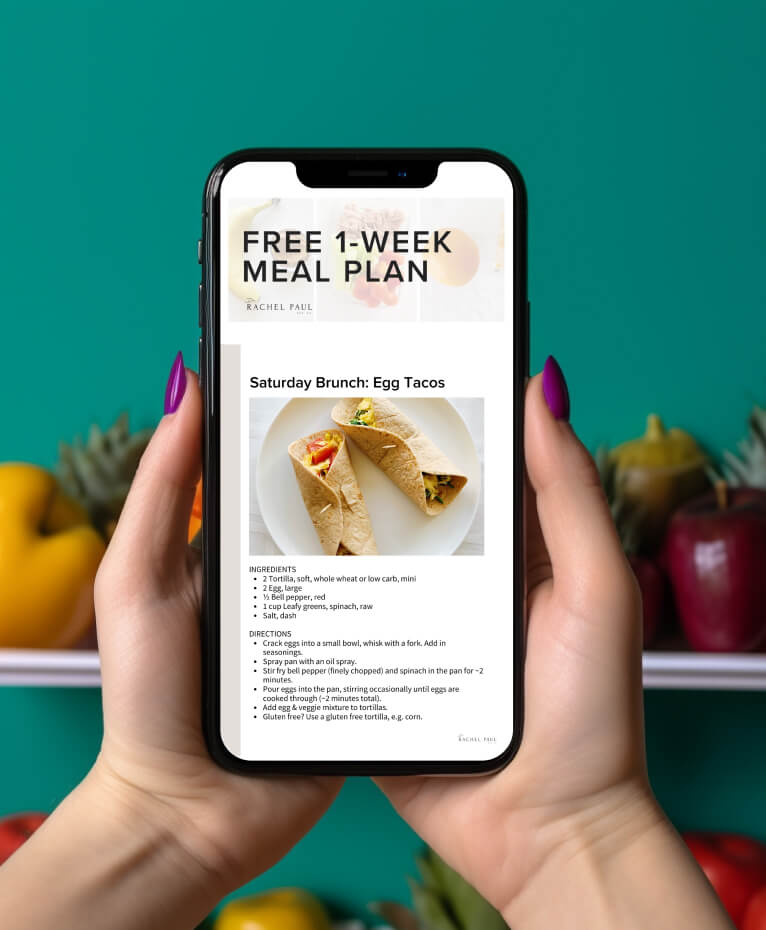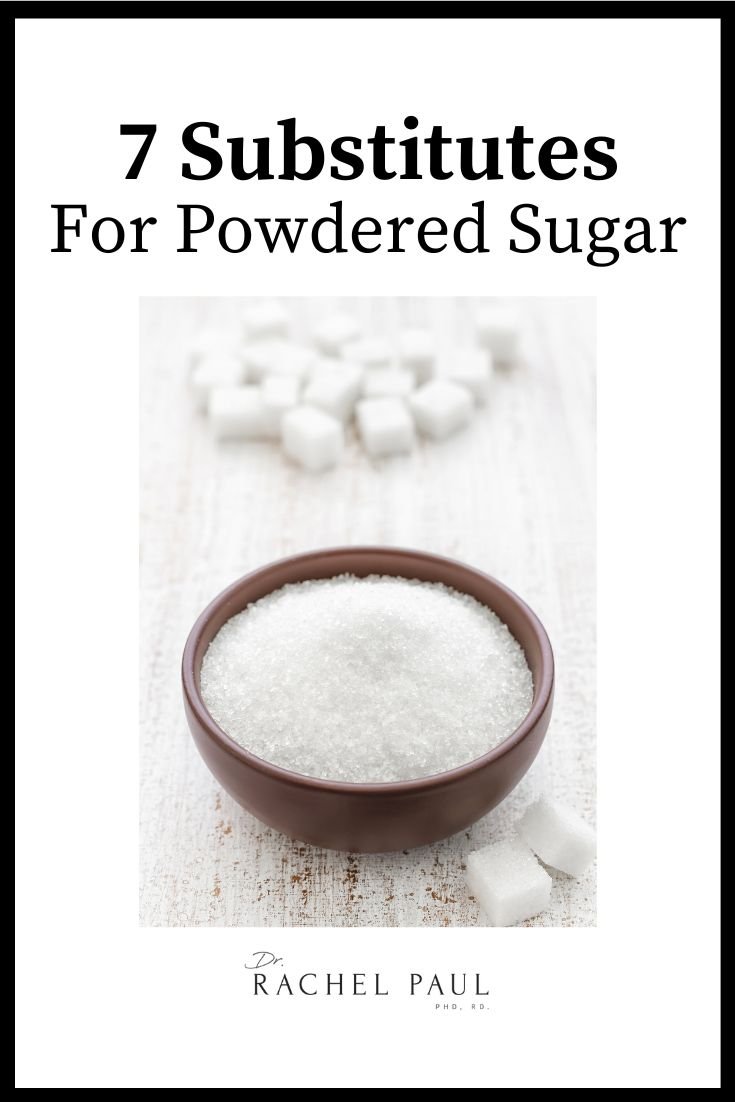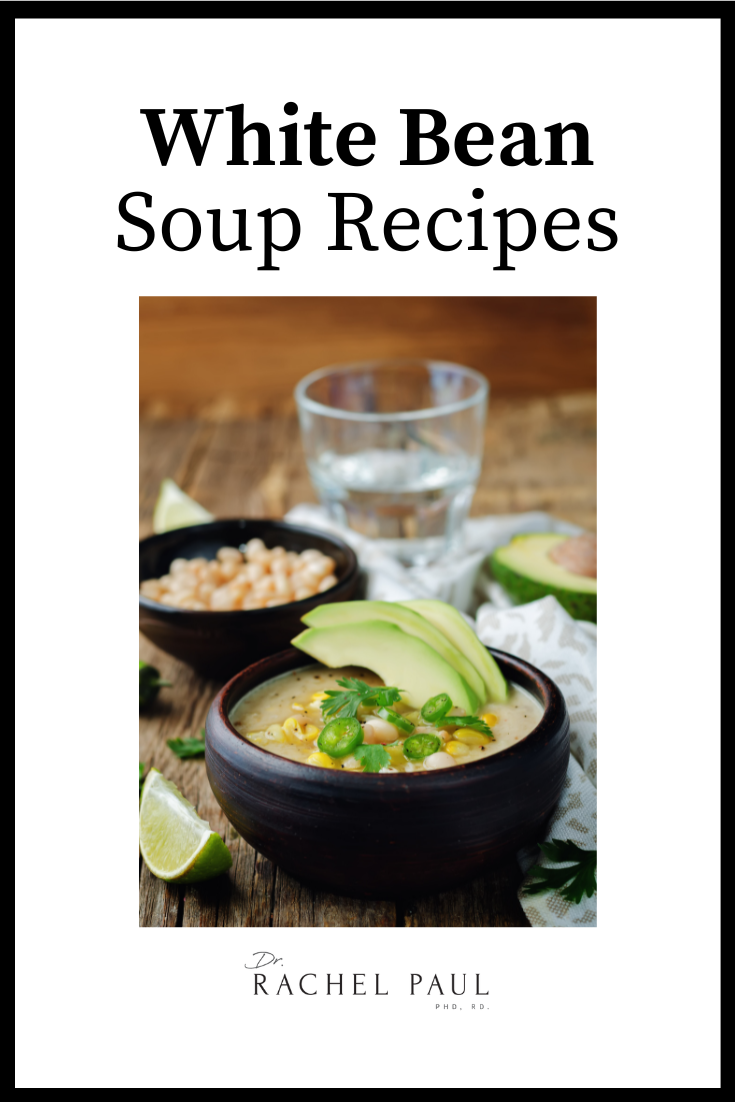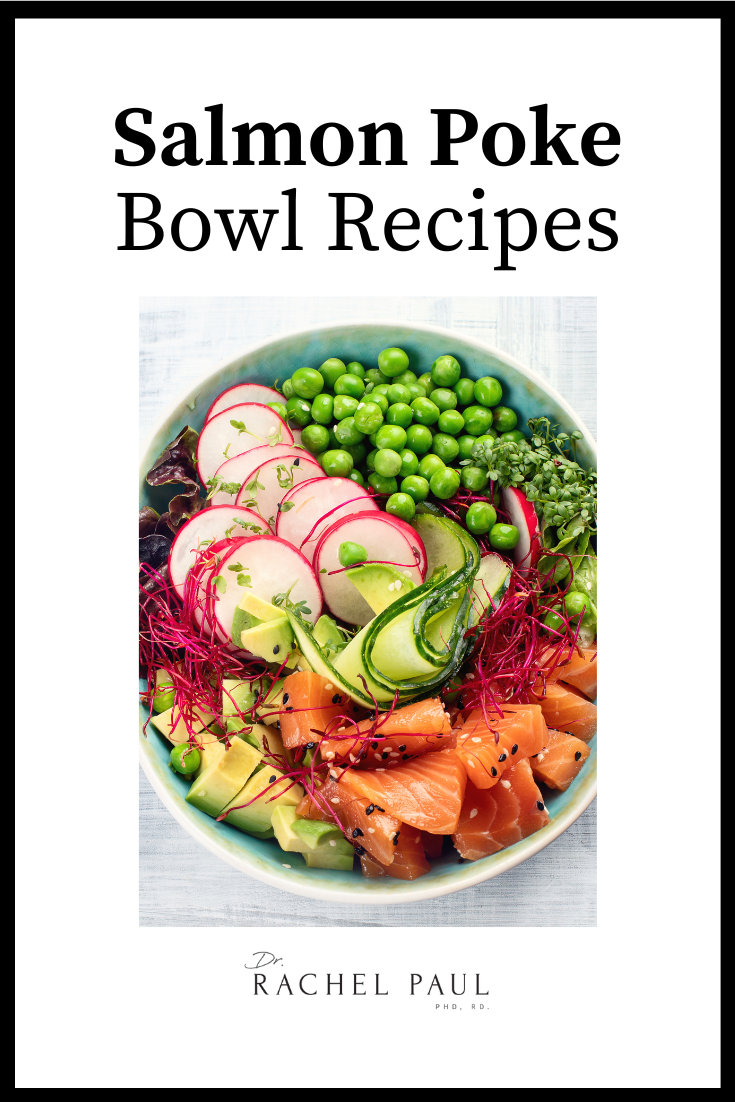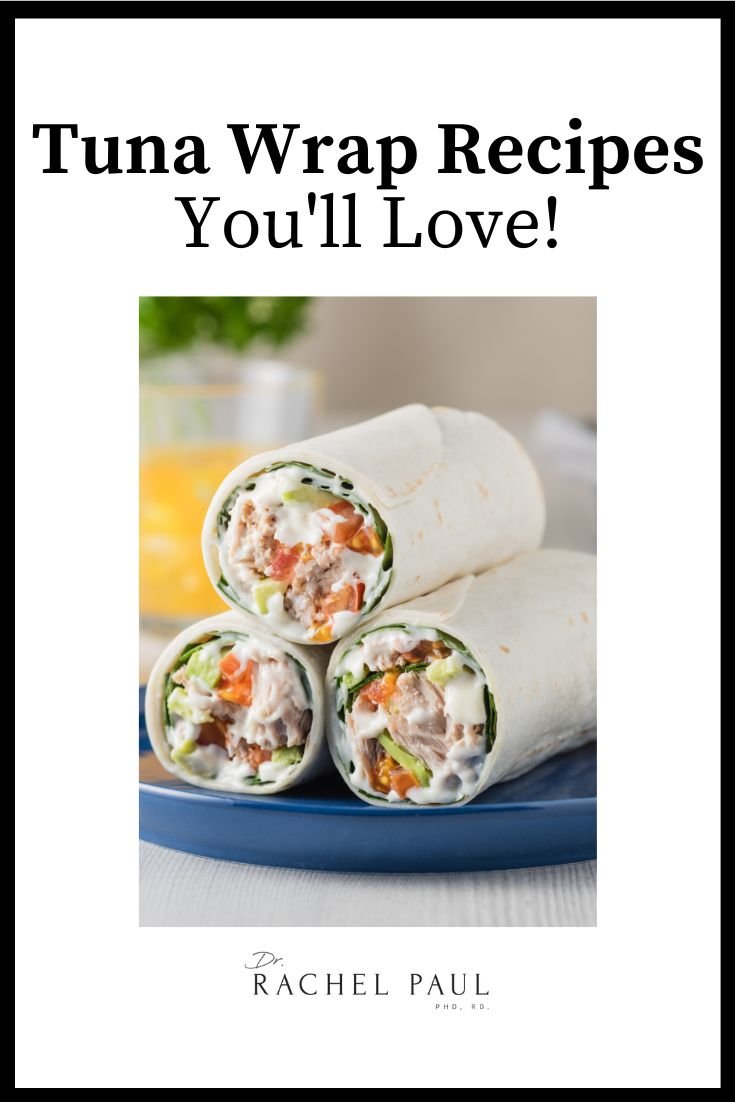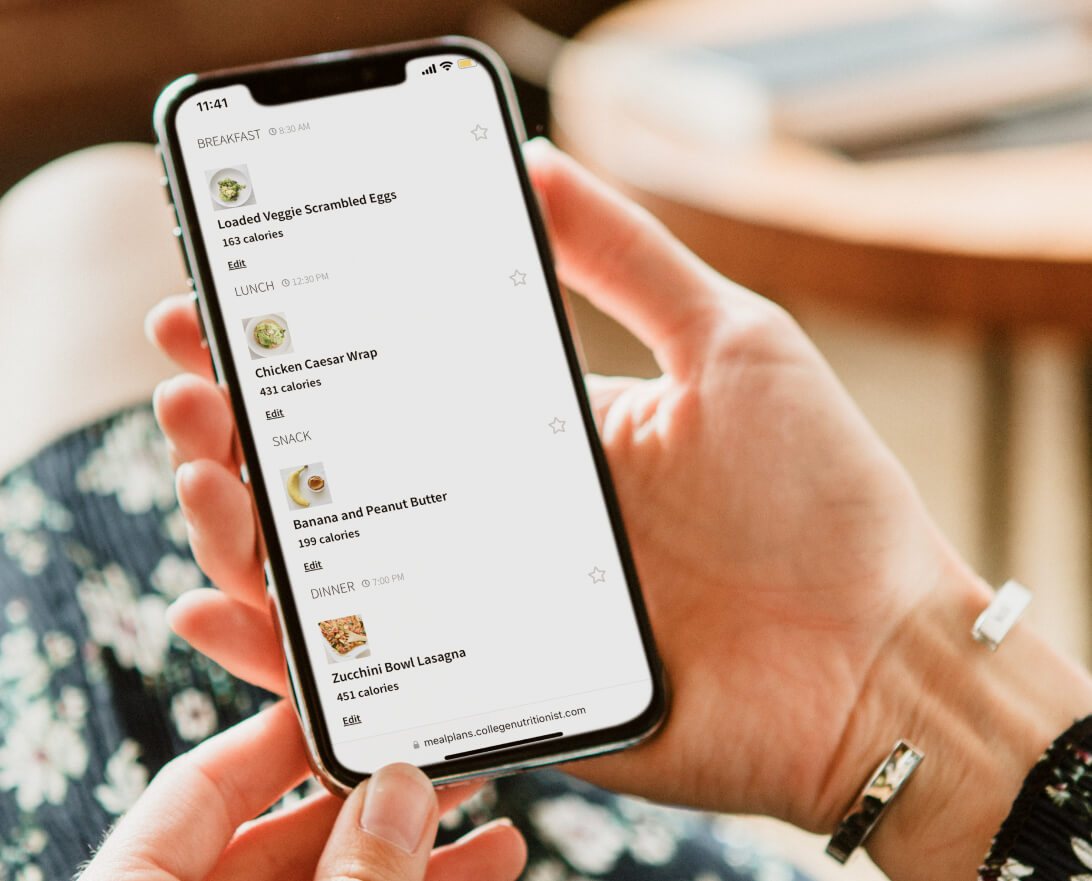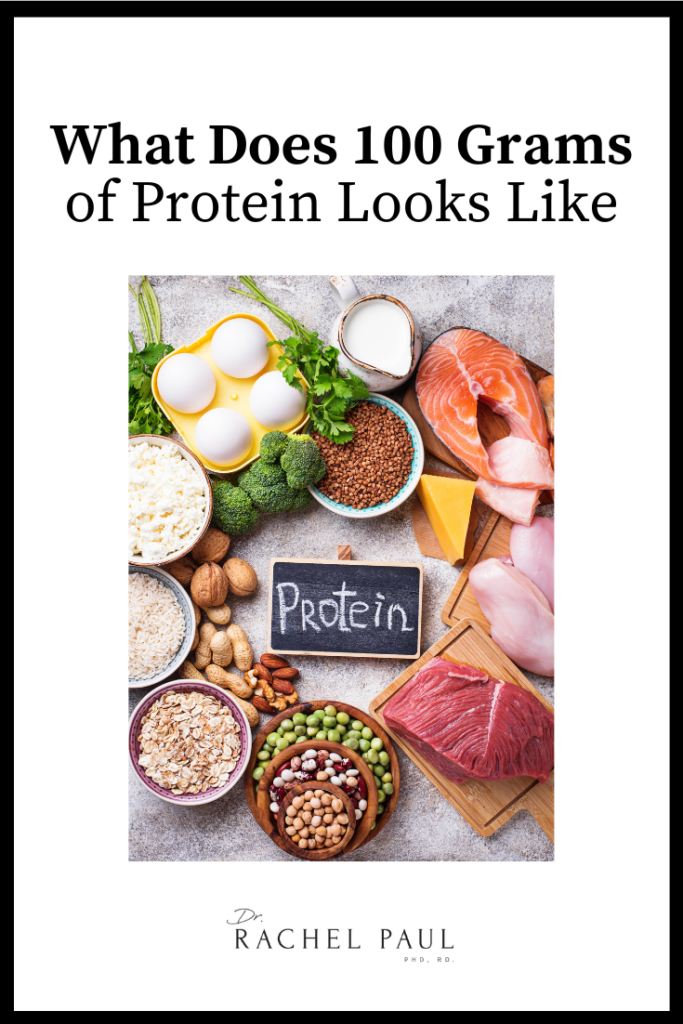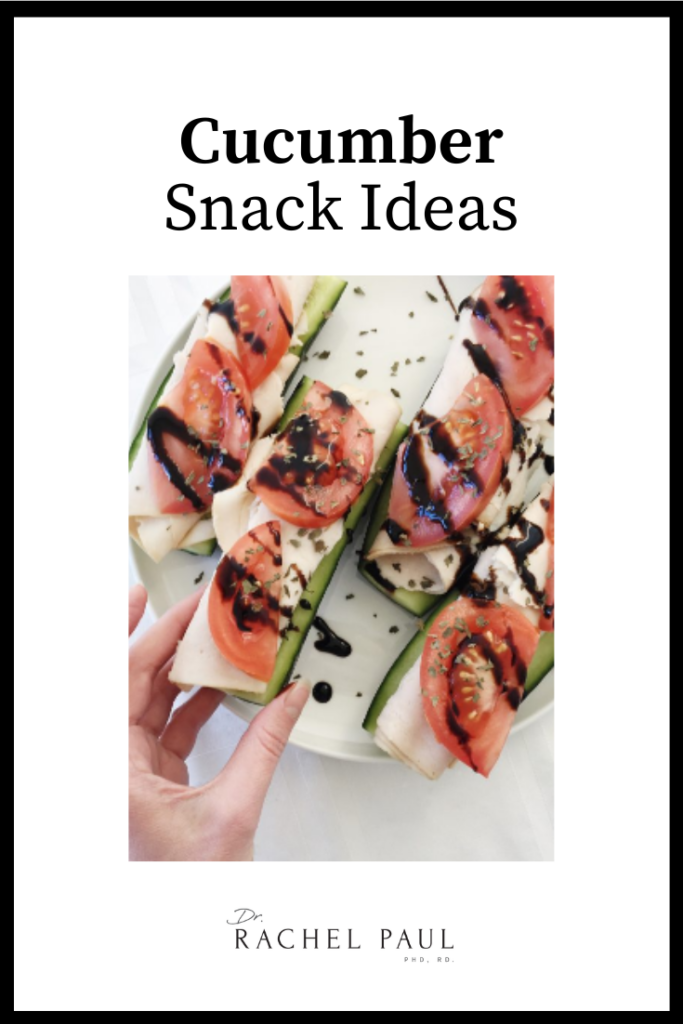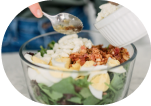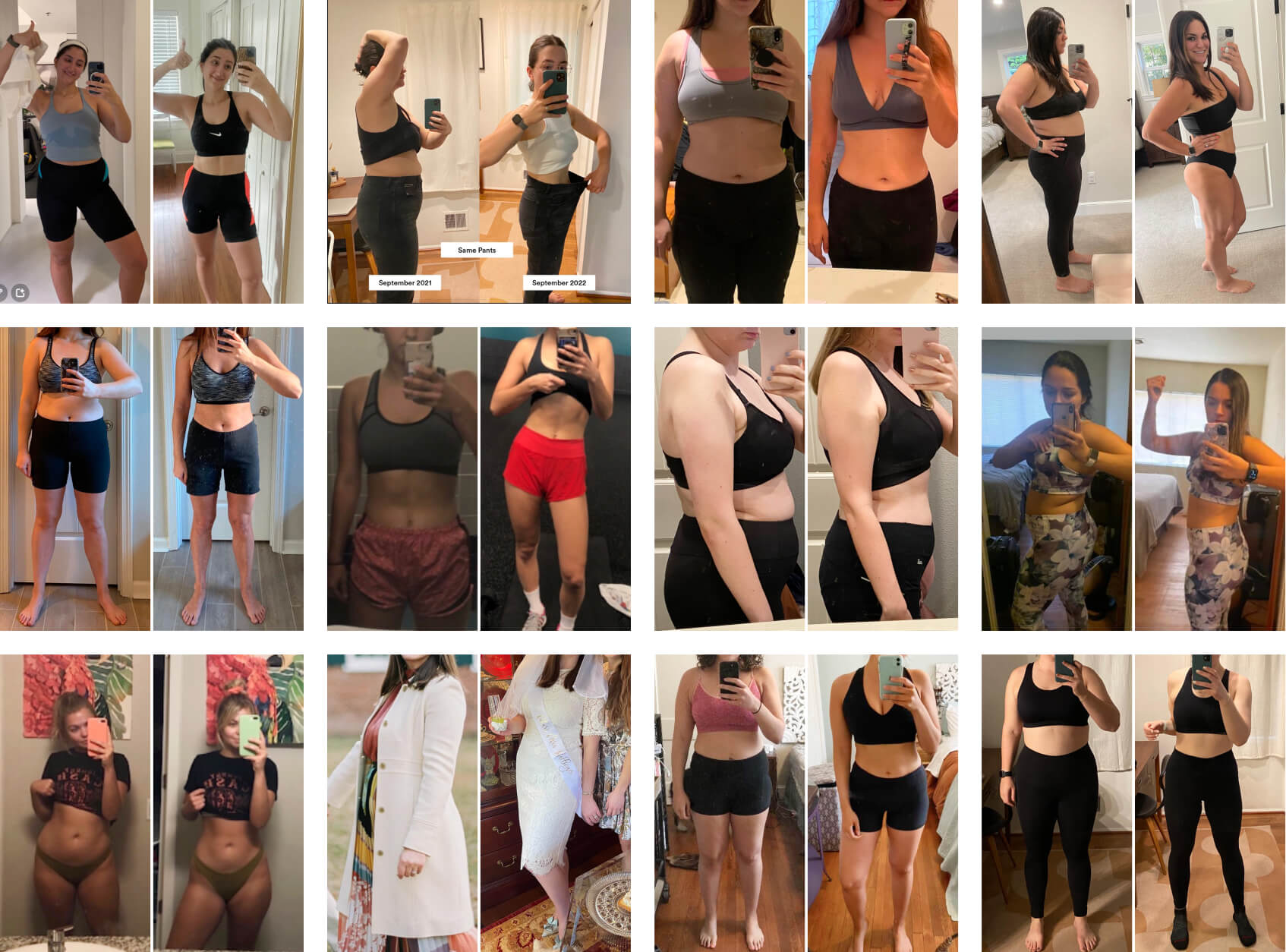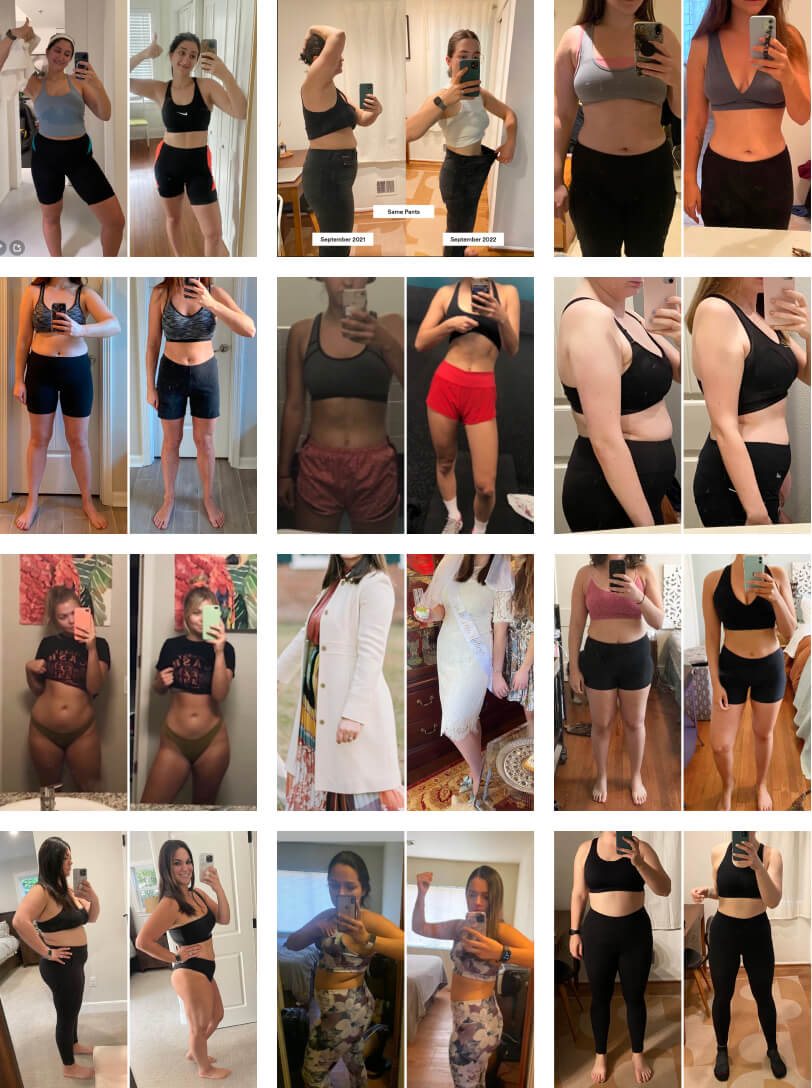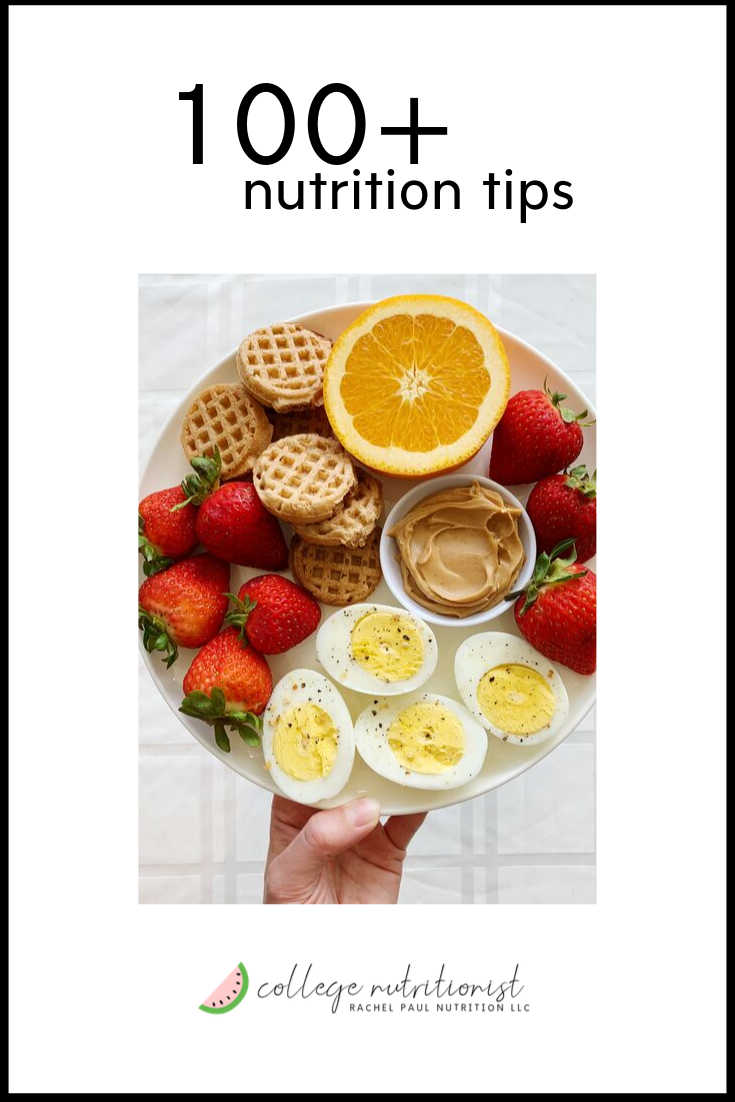
LADIES! This is a mega blog post 🤩
Answers to the most common questions/ topics I get listed below! They’re mostly quick & dirty tips you can start using right away. Here it goes!
Meal Planning
Make a plan first and foremost of what you’re going to eat this week – you’ll save so much money this way
Make separate plans for: Monday-Wednesday; Thursday & Friday; Saturday & Sunday so you don’t get bored of eating the same thing
Prep your meals on Sundays and Wednesday nights to preserve freshness & give you variety throughout the week
Check your fridge and pantry ahead of time so you don’t buy any duplicates
Be realistic about how often you eat out – if you can’t stand eating the same things throughout the week! Just plan for that & don’t buy a complete week’s worth of groceries
Buy an insulated lunch bag to keep your food fresh – use either a cold pack OR a water bottle that you can keep refreezing
Grocery Shopping
It’s stressful to have a lot of fresh food in the fridge that’s going to go bad! Stock up on 1) frozen vegetables and frozen proteins – like shrimp, chicken breasts; and 2) pantry, non-perishable foods like nuts, nut butters, jerky
Some foods are always cheap: bananas, oatmeal, canned beans, canned tuna, produce in season
Buy certain foods in bulk that you know you’ll get through – ideally these would be the same frozen & pantry items listed above. Again, it’s too stressful to have too much fresh food in the fridge!
When looking at nutrition facts labels: compare across brands & choose the food with 1) ingredients you can identify and 2) lower amounts of carbohydrates and added sugars
Stress Eating & Boredom Eating
Come up with a list of 1) relaxation activities and 2) distraction activities you can do ahead of time. Here are some quick ideas: Read or listen to a book or podcast; Take a walk; Phone a friend
Get a new hobby – start a blog; do some art; get a yoga certification; join a new gym or fitness studio
Listen to your thoughts: what are you thinking? Are you saying to yourself: “I can never resist X food”” or “I’ll always just end up eating X if it’s right there and free”; “Since it’s my coworker’s birthday, I have to eat cake” – none of these thoughts are facts – they’re all opinions and we can change them. Rephrase these thoughts in terms of questions, e.g. “What if it were easy for me to resist X food? What would nay life look like?” or “I can save X free food for another time, or I can get it tomorrow if I really want it”; “I actually don’t really love cupcakes so I’ll save my dessert for something I enjoy much more
More resources here: ideas to stop boredom eating; stop overeating for good; books I recommend
Developing a Positive Relationship with Food
Don’t eat “filler foods” or a food just because it’s “healthy”
Make a list of the foods you LOVE and the foods you do NOT like – every meal and snack should be an enjoyable occasion
Nothing food is “bad” or “off limits” and you can always eat a certain food again the next day
Tracking what you’re eating can be helpful to get an objective view of what you’re eating and whether or not something is actually a big deal
Timing of Meals & Intermittent Fasting
Give yourself 3-4 hours in between meals and snacks, it’s healthy for your body to cycle through feeling full, getting hungry, and then eating and feeling full again.
Also, give yourself some trial & error to figure out what types of meals and snacks keep you fullest for longest. Likely they will be high in protein & fat (scientifically proven to be more satisfying than carbohydrates) and non-starchy vegetables to help with volume
I find the benefits of intermittent fasting are more psychological than anything – if it helps you not eat breakfast if you’re just not a breakfast person, and helps you stop eating at night (because, let’s face it, we’re typically eating ice cream not broccoli at 11pm), then intermittent fasting can be helpful for you!
Traveling
Before you go: stock up on frozen foods e.g. veggies and proteins to have when you get back
Stick with plain foods as much as you can – extra sauces, dressings, and oils pack in a lot of extra calories
Think ahead of time about what you’re really looking forward to eating – ice cream on the boardwalk? Your favorite pizza place? This cool restaurant written up in the news? Just PLAN to have it and adjust the rest of your day
Bring non-perishable snacks with you, e.g. nuts, nut butters, baked cheese bites, jerky
Bring a big water bottle with you as well and some vitamins and hand sanitizer. it’s easy to get dehydrated on planes and you don’t want to get sick while you’re on vacation!
Ask your hotel for a mini fridge that’s plugged in & not filled with their minibar ite
ms (so you can use it for leftovers & to take extra foods for snacks later from the breakfast – if they offer a breakfast)
Eating Out
Be the one to pick the restaurant you’re going to if you’re going with a group
Look at menus ahead of time & pick what you want to eat
Often it’s helpful to be the first person to order – others will follow!
If you’re tracking what you’re eating, track ahead of time what you think you’re going to eat so you’re not surprised
If you’re following my #1starchPerDay rule of thumb, save your starch for when you’re eating out
At College: The Dorm & Cafeterias
Here are dorm room mini fridge and pantry staples
At the cafeteria: Survey the scene and pick what looks best. If something isn’t actually good, just get a new plate or tray. Don’t waste your eating on something that isn’t worth it to you!
Take a dessert WITH you when you leave the cafeteria – this way there’s not room for seconds (or thirds!)
Don’t hang out in the cafeteria (it’s too hard to not resist overeating!) – bring your meal out & eat outside the cafeteria if possible
Try to get at least 2 cups of vegetables on your plate at lunch and dinner. One cup is about the size of your fist
Look ahead of time around what types of stores, restaurants, etc. are around where you’re living (before you move in!) – and look at their menus!
What to Say to Well Meaning, but Not Helpful Friends/ Family Members
Redirect the conversation back to them – people love to talk about themselves! Tell me about your puppy!
Go into the meal & set an intention – e.g. I can’t stay for drinks after dinner, I have an early morning!
In response to an unwanted comment: This works for me! or I’m actually not hungry anymore, but thank you!
You can always take something & save it for later – in a napkin, to-go container, or baggie etc.
If You’re a Picky Eater
Try veggies in different ways – order them from a restaurant, try something a friend made
Take a few hours on a weekend and prep foods new ways, try new spices
Try a little bit at a time, you don’t have to eat 4 cups of broccoli the first time you’re trying it
At the Office
Don’t sit near the snacks or have them in eyeshot – physically move your chair or desk so that you’re not looking at the food (out of sight, out of mind!)
Bring a Tupperware to work & put free food in there for another time, if you aren’t hungry at the time it’s available
Have a meal and snack schedule and only eat at those times so that you’re not constantly grazing. Set time reminders on your phone if that would help
Cheat Meals
Instead of “cheat meats” (I don’t like to connotation of “cheating”), include your favorite foods in your meal plan every day, e.g. if you love chocolate, have a single-serving amount 3 times per week, if you love pizza, have that as your starch for the day
Low Carb & Weight Loss
Carbohydrates are actually not an essential nutrient for the body – our bodies can create carbohydrates from protein in a process called gluconeogeneis (you might remember that from your biology class!) and ketones (that can be sort of used as “carbs”) from fat. However! Many foods that contain carbohydrates do contain essential & beneficial vitamins, minerals, and other nutrients
There are many benefits to following an overall (i.e. not super strict) lower carbohydrate diet when it comes to weight loss success. Research shows that 1. people on a low carb diet lose 2-3x as much weight as those on a low fat diet (eating the same number of calories); 2. Compared to a low fat diet, those following a low carb diet often lose the weight from more dangerous places fat is stored on the body – i.e. the abdomen; 3. Low carb diets (compared to low fat diets) are easier to stick to because they’re more filing and satisfying (i.e. you’re less hungry!)
Levels also improved on a low carb diet: improved triglycerides, HDL cholesterol levels, LDL cholesterol levels, blood glucose and insulin levels
At the end of the day weight loss is about being in a calorie deficit, but it is much EASIER to be in a calorie deficit on a low carb diet because foods high in protein and fat are much more filling than foods high in carbohydrates
Protein sources for vegetarians on a low carb diet: tofu; beans; lentils; edamame; cheese; yogurt. See a big list of protein sources here
Habit Change
Everyone is different & th
ere is no “one right way” to form a new habit – know yourself and what resonates with youBe realistic with what you can do for the long term – don’t start a super intense exercise routine if you know your job is going to demand more hours from you, and you won’t be able to keep it up
Sometimes it’s a-ok to put something off for the time being. Sometimes we’ve just taken on too many classes or jobs or extracurriculars, and, for example, the gym will have to wait until next semester.
What type of accountability do you need? Can you reply on internal accountability, or do you need external accountability? If you need more external accountability, can you hire a coach? Can you be accountable to a friend? Read more here.
Getting More Protein
Check out this blog post for a list of protein sources so you can compare
Protein foods with the highest amount of protein (per a 150 calorie serving) – listed from highest to lowest (but there are all good sources): chicken, Greek yogurt, salmon, beef, tofu, eggs, lentils, cheese
Foods many people think of as “high in protein” that are actually low: quinoa, brown rice, peas
Easy Nutrition Fixes
Eating breakfast or meals just because it’s “time to eat”. Go by how you’re body is feeling – are you hungry?
Drinking calories – research shows eating your calories is more satisfying than drinking them. So, for example, eat an apple vs. drink a fruit smoothie or juice
Buying and eating foods just because they’re “healthy” – but they don’t really like them. Food should be enjoyable – only eat the foods that are worth it to you in terms of BOTH taste & nutrition
Make sure you have 2 cups of non-starchy vegetables at lunch & dinner. One cup is about the size of your fist. So try to get 2 fist fulls
If it helps you to set time limits for eating that can be helpful – e.g. stopping eating at 8pm. Often, late at night, we’re not eating broccoli – we’re eating ice cream!
A good trick is to use seasonings instead of dressings – get pre-mixed seasoning blends e.g. Everything bagel seasoning, lemon pepper, garlic salt. Read more here.
I generally recommend: Don’t spend your calories on dressings since they’re typically not filling but can add 200-400+ calories – go for (good ingredients) light options – less than 50 calories per 2 Tbsp. Read more here.
Track what you’re eating for a few days with an app like LoseIt, it can be an eye opening experience! You may be surprised that you snack more than you thought; are eating more late at night than you thought, etc.
Exercise
It’s a natural consequence of high intensity exercise that you’re going to get more hungry – and it’s too easy to then overeat the number of calories you exerted. I see many people overdoing it on the exercise – and still not seeing the results they want – try switching out some high intensity exercise (e.g. running) with lower intensity exercise (e.g. pilates, barre, yoga, walking, small weights).
Our bodies are very efficient and want to conserve energy – the first time you do a type of exercise you do burn a lot of calories; but the 20th time you don’t (sadly!) – so, you may have needed a big extra snack at first, but over time you likely don’t anymore
Unless you’re a professional athlete or a body builder, you likely don’t need a protein shake or a specific pre or post workout meal
If you’re following a low-carb way of eating, you’re likely getting plenty of protein to replenish your stores and build your muscles – remember, our bodies can create carbohydrates from protein in a process called gluconeogeneis (you might remember that from your biology class). Try to eat your proteins instead of adding protein powder to a shake – research shows we’re more full & satisfied when we eat vs. when we drink
Dessert
Don’t eat “filler food” desserts – e.g. trying to satisfy yourself with a yogurt when ice cream is really what’s calling your name. Often you won’t be satisfied with the yogurt and end up eating the ice cream anyway!
Buy desserts in single serving packages – yes, it’s a little more wasteful with packaging, but it’s so much more helpful for limiting overeating
Keep desserts out of sight to help with “out of sight, out of mind” and make them difficult to access so it forces you to really think whether or not you want it/ are hungry, or you’re just bored or stressed, e.g. put a sticky note on the package saying, “Are you bored or stressed?”; put (any) dessert in the freezer as an extra barrier; put dessert in an additional container to again, make you think if you’re reaching for it for the right reasons

